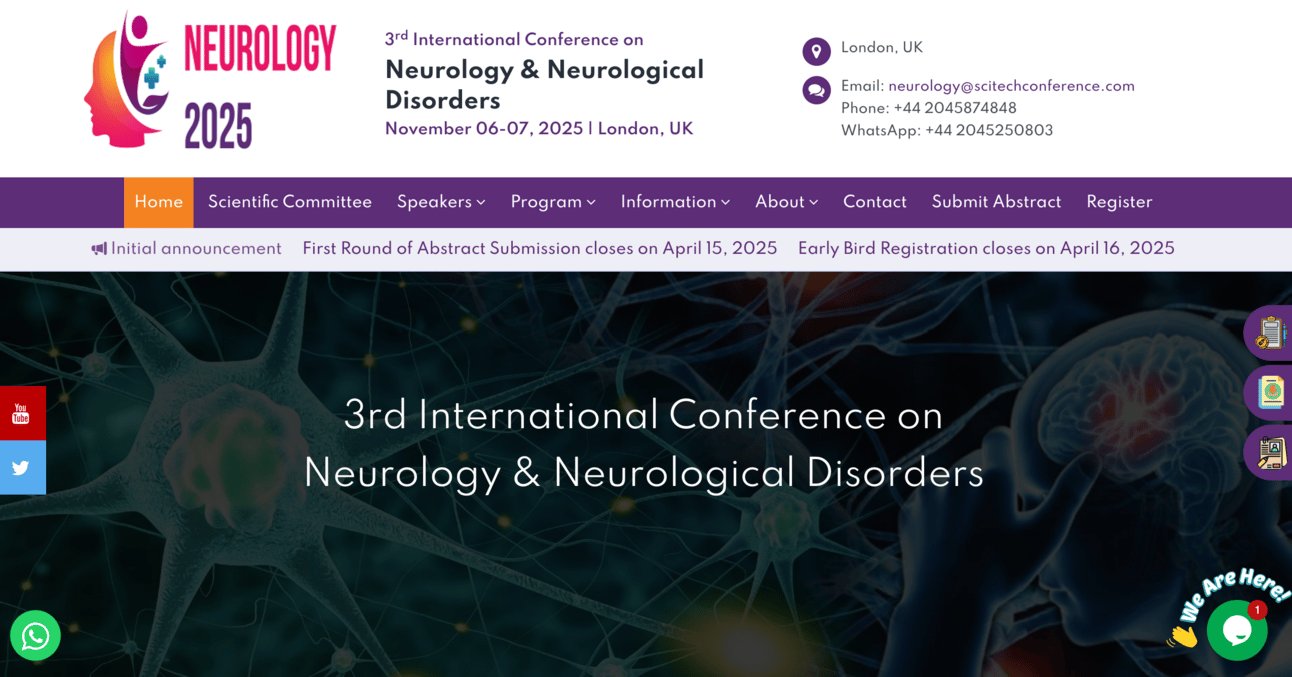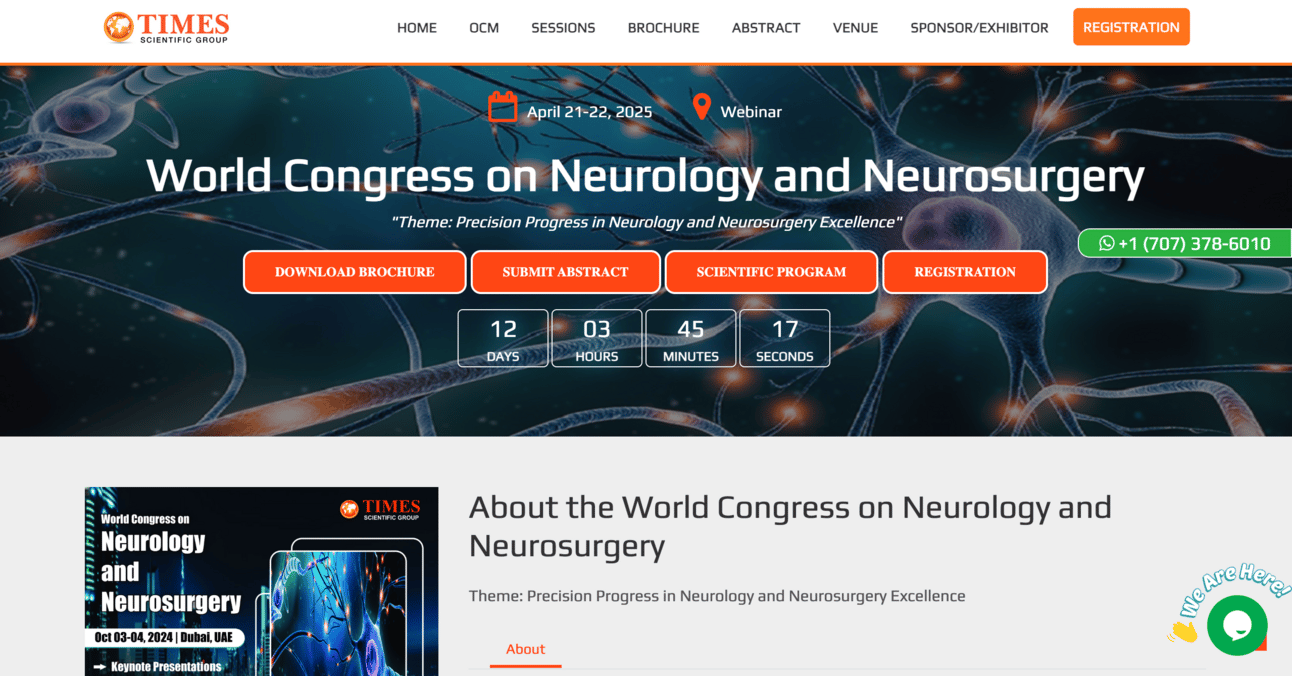- Brain, Spine & Beyond
- Posts
- How Deep Can You Stimulate the Brain?
How Deep Can You Stimulate the Brain?
BSB Beyond The Headlines
Understanding Neuro-embryology
Let take a deep dive into the basics of neuro-embrology with this video. Click the link to watch.
Deep Dive
Can Deep Brain Stimulation Aid in the Management of OCD?
This review explores the use of deep brain stimulation (DBS) as a treatment for obsessive compulsive disorder (OCD), particularly in cases where traditional therapies have proven ineffective. It begins by outlining the nature of OCD, its debilitating impact, and standard treatment options such as cognitive-behavioral therapy (CBT) and pharmacological interventions. The paper delves into the neurobiological underpinnings of OCD, identifying dysfunctional circuitry within the cortico-striato-thalamo-cortical (CSTC) loop. It explains how DBS targets these circuits, modulating activity in areas like the anterior limb of the internal capsule, nucleus accumbens, and subthalamic nucleus to achieve symptom relief. A historical overview of DBS in psychiatric conditions is presented, followed by a detailed discussion of clinical studies, patient outcomes, and side effects. Ethical considerations, patient selection criteria, and technical aspects of DBS implantation are also evaluated. But with all this considered how do we truly define success in the treatment of such a complex psychiatric condition?
|
Your Neuro Take
Diagnostic Doctor 🩺
So how would you treat this, doc? Follow us on LinkedIn for more.
Neuro Nuggets
Encephalitis at a Glance
Can you differentiate between causes of encephalitis? Click here to find out.
Knowledge is contagious!
Infectious encephalitis can be a difficult diagnosis, but patterns on MRI can suggest an etiology
Here is a figure to help you remember the most *common* encephalitis patterns for different organisms
#medtwitter#meded#FOAMed#neurotwitter#radres
— Lea Alhilali, MD (@teachplaygrub)
1:27 PM • Jul 14, 2023
Neuro Calendar
National Neurotrauma Society
Click below to join the Neurology 2025 Conference in London on November 6-7, 2025!
World Congress on Neurology and Neurosurgery
Join the Times Scientific Group on the World Congress on Neurology and Neurosurgery Conference. Click below to apply.
Frontiers in Innovation and Market
BenQ Medical Technology and Brain Navi Align Partnership to Advance Neurosurgical Robotics in China.
BenQ Medical Technology and Brain Navi Biotechnology have partnered to bring Brain Navi’s AI-powered neurosurgical robot, NaoTrac, to China. This move supports Brain Navi’s 2025 globalization strategy and aims to meet the growing demand for precision in neurosurgery. China’s surgical robotics market is rapidly expanding, and BenQ will use its hospital network to support NaoTrac’s rollout, aligning with national goals for medical innovation. NaoTrac will also be showcased at the AANS Annual Meeting in Boston, April 25–28, 2025.
Beyond
Overcoming Impostor syndrome
Impostor syndrome involves persistent feelings of inadequacy despite evident success. First identified in 1978, it affects individuals across various demographics, leading them to believe they are frauds despite their achievements. This mindset can result in overworking, dismissing praise, and experiencing anxiety or depression. To combat impostor syndrome, strategies include acknowledging one's feelings, accepting compliments, and seeking professional support when necessary.






